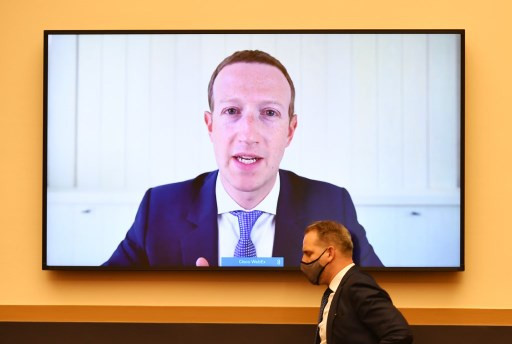Wake up and smell the money: Time for start-ups to stop playing the Burning Game
The recent WeWork case was a much-needed wake-up call. Adopting an aggressive burn rate to temporarily stretch gross merchandise value and market share is no longer a sound pitch to investors.
Change Size
 Illustration of young workers in a startup company. (Shutterstock.com/Cookie Studio)
Illustration of young workers in a startup company. (Shutterstock.com/Cookie Studio)
I
n 2016, Gojek received a valuation of US$1 billion and became Indonesia’s first unicorn. That milestone inspired many Indonesian to rise up as entrepreneurs and marked the beginning of a tech start-up hype in the country.
Yet I noticed that very milestone also started a paradigm shift in the mindset of many entrepreneurs and entrepreneurs in the making — a shift that spirals downwards.
I vividly remembered a lunch meeting that my friend set up around two years ago, in which she asked me to share my opinion with her son and his friends about their start-up idea. These guys are among the top graduates from a well-known university. Regardless of the feasibility of the business model, it was their vision that appalled me.
They told me they wanted to run the company for a few years, get a big valuation, sell the company for a huge sum of money and retire young. Until that point, it was still a valid answer.
Then I asked again what their plan was to get that big valuation. Their answer was full of start-up jargon: forget the bottom line, set a burn rate, increase top-line several times, get a bigger valuation to raise bigger cash, then repeat.
In short, for these people, founding a start-up was about playing a Burning Game.
The Burning Game is also a hot trend in the coffee industry that I ventured in. Unlike a tech start-up that requires prior tech development, establishing a coffee start-up is relatively easy, demanding minimum time, capital and knowledge. These newcomers spread fast, selling at an absurdly low price point and successfully gain traction in the market.
However, their speed did not come without compromise. While waiting for a venture tourist to arrive, survival to many of them means to apply any necessary measures. Skipping tax payments and hiring underpaid staff are two popular methods. Even worse, some of them use questionable ingredients in their products and neglect proper hygiene control.
In the food and beverage industry, we are responsible not only for making the product taste good but also to take care of our customer’s health. But, ironically, a lot of Indonesians still do not place health and cleanliness as top priorities in choosing what they consume. I believe it is our job to be ethically responsible to all shareholders and stakeholders while aiming for monetary return.
The recent WeWork case was a much-needed wake-up call. Adopting an aggressive burn rate to temporarily stretch gross merchandise value and market share is no longer a sound pitch to investors. Instead, as a founder or as top management in a start-up, we must start with a solid vision. Then, we focus on creating and improving a feasible business model that can last through time.
This does not mean that investing in marketing is wrong. It is just that the path of profitability must be clear in a foreseeable horizon. The burn rate should also be utilized to attract enough talent into the business instead of merely trading it for transactions. Again, sustainability and long-term profitability must be etched deeply into our mindset.
One of my mentors taught me to apply a simple stress test to any business that we are about to start. Ask yourselves this: Regardless of the amount of money that we have, will we want to continue to invest our own money into the business? If the answer is no, then why should any investor?
The book Delivering Happiness by Zappos CEO Tony Hsieh is an interesting read. Hsieh recounted how he successfully sold his first start-up, then nearly lost everything in another start-up called Zappos he joined thereafter. In a time of crisis, he almost let go of the company, a decision everyone thought to be wise. Instead, he dedicated everything he had into Zappos — his time, his personal money and his passion — until Zappos survived and turned into the lucrative company it is now. He did it because he believed in the company and his vision.
The business model does not have to be crystal clear since day one. Even Google founder Sergey Brin and Larry Page did not know how to monetize their search engine at the beginning. Eventually, they managed to whip up a sustainable business model, proceeding with calculated losses in their early years as they invested in talent and market share growth and reached profitability to make Google into one of the biggest companies in the world.
Successful companies in Indonesia were also wrought with this guiding principle. It might look boring and old fashioned, but it is necessary. If we play the Burning Game, everyone is set to lose.
As a founder, we might still walk away with a considerable sum of money, but we will lose everyone’s trust. If we want to establish a start-up, let’s play to win. (dev/kes)
***
The writer is a cofounder of Jumpstart Coffee, a start-up that combines technology with traditional coffee brewing methods. Before founding Jumpstart in 2017, he was the national business analyst for Semen Merah Putih.










